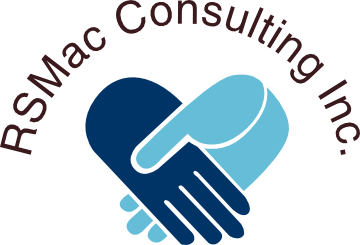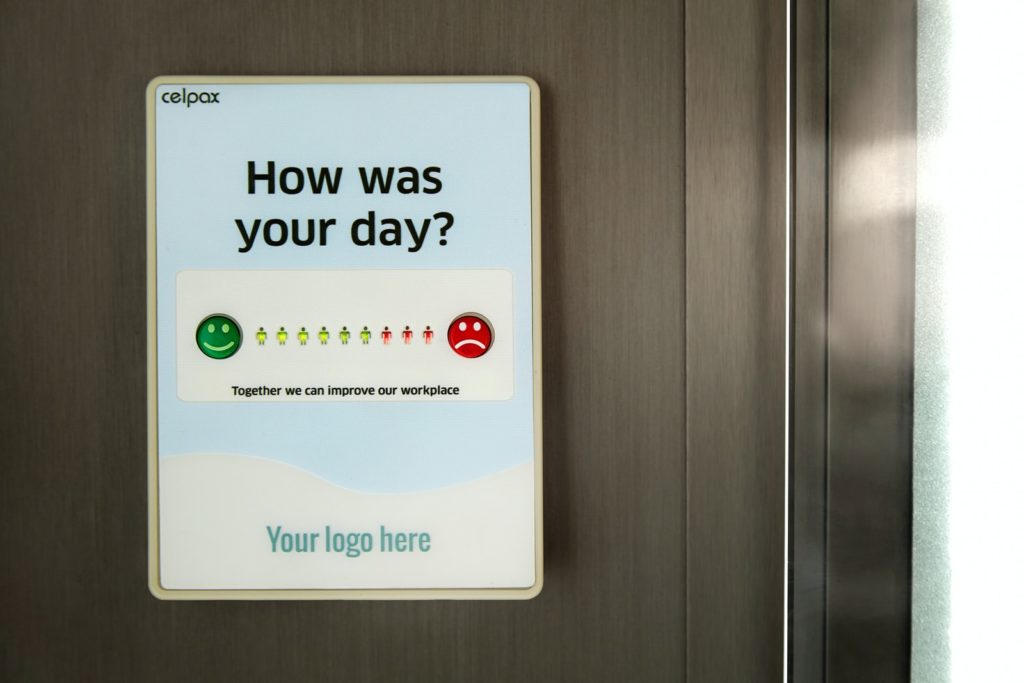Since employees who work remotely don’t or can’t be in the office, they may have a feeling of being left out or disconnected from the office. They don’t get to experience the company’s culture and learn by examples set in the office space. This element of a workers’ life is almost as important as the business you do and is a high contributor to employee satisfaction and productivity.
Managers aren’t as aware of what is going on from day to day with their remote workers, just as employees aren’t aware of what is going on in the office or with the company. Remote employees are often the last to hear about news as they miss the news shared among office employees. They may have not opened the email as it was crowded with 100 others, or they just skimmed the memo. They weren’t part of important office meetings or water cooler talk about the importance of one announcement or another.
When remote employees cannot identify the culture of the company or routine daily operations, they may not feel as loyal to the company as they may develop their own culture. They can’t see the results of their work as easily as those in the office. These types of feelings can lead to low focus and morale. Typically, we are our own worst critics and need enforcement and a feeling of being part of something bigger.
Employers can reduce the risk of low morale by doing the following things:
- Live stream important company events where possible to include everyone.
- Encourage managers to update remote employees on how their work is helping to achieve the company’s goals.
- Have a section in your virtual meeting for what’s going on in the company.
- Reward and recognize employees for their good work, time served and their own successes so that everyone can share in the success. Company wide emails complimenting success and naming people will boost their morale and make them want to work harder, while others will want the same recognition and boost their productivity. Ask the worker what they would like as a reward. Sending them a gift card to a place they may never go to may not have the effect you are looking for.
- When recognizing a good job, be specific. Don’t say “good job”, instead say things like “Well done on the report about marketing trends. It will really help the team map out next year’s plan”
- Be consistent. It only takes one negative feedback to counteract 10 positive feedbacks. While productive criticism is necessary, always ensure you are praising and providing positive feedback when praise is due.
- Give your team targets they can achieve. Review them regularly and support them in achieving the goal.
- Try to start off meetings with social chat and to celebrate victories. Kick off meetings with praise of an employee or a celebration of a common event.
- Create a venue/portal for making suggestions/comments for change.
- Offer perks such as an Employee Resource Group, Employee Assistance Programs, and others.
RSMac Consulting provides your business with an array of services to help improve your performance. Whether it’s event security management, human resources, or labour relations services; our consulting can be exactly what you need to get on the path to success. For more information, please visit http://rsmac.ca.



